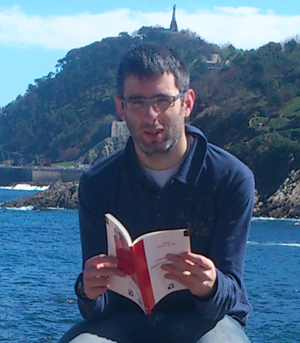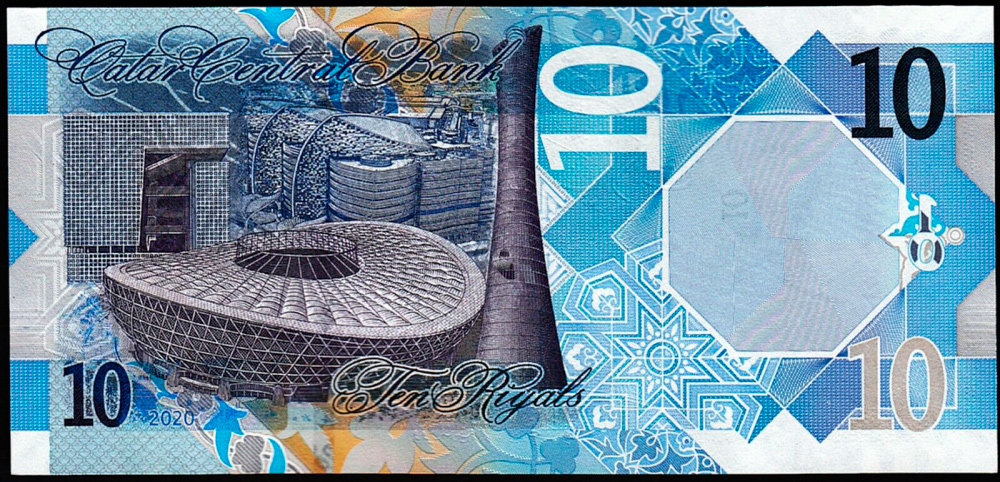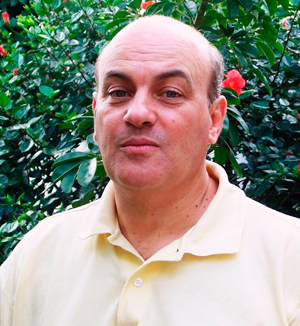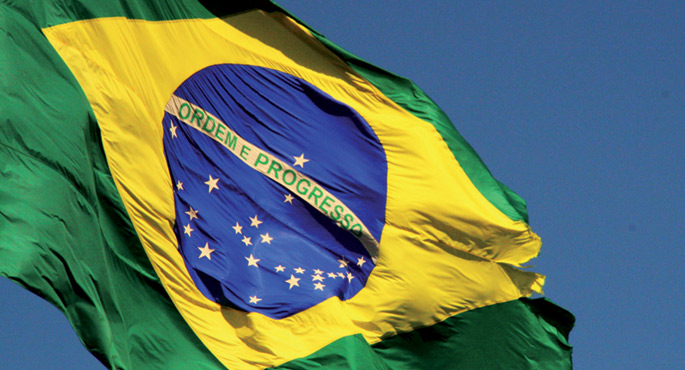"The Basque team at the World Cup? Hardly, because states are the axis of football"
- Football and politics have always been mixed up. This has been demonstrated by Donostia researcher Ekain Rojo Labaien in the book "Football and national construction in the Basque Country and in Spain" (Utriusque Vasconiae, 2014). Football has analyzed from its origins the symbolic capacity of national identity in food and revitalization – in the nineteenth century, from the second half of the twentieth century to the present day. We have asked the author to comment on some passages of the book, taking into account recent history.

‘It follows from what the Director of Sports of the Basque Government, Jon Redondo, said that until the Basque Country reaches a political status that does not materialise, it will hardly be able to compete on an official basis in the international arena.’
There is not much chance that the Basque team will take part in the World Cup 20 years later. Scotland, Northern Ireland, Gibraltar… there are examples that can lead us to think otherwise, but taking into account that football has been organised around states… If Spain and France prove that the Basque selection could achieve the official status and give the image of an independent country at international level… that a selection is played abroad is practically a sign of independence. FIFA considers that access to the European Football Federation (UEFA) is subject to the replacement of a State; it allows a candidate to be nominated even if it is not a State, but in order for the proposal to succeed it requires the authorisation of a State above. The issue is in the hands of political will.
The media also perpetuates the status of a state nation in sport, to the detriment of stateless nations. In the case of Scotland, dependence on the UK media network makes it difficult for it to awaken national pride through selection, despite having a national group benefiting from the exception of the British Isles. The fact is that there are many citizens who cannot watch the matches, because they broadcast them on pay television channels.
The Spanish Constitutional Court has ruled that Basque selections will be able to compete internationally, provided that Spanish selections are not directly involved. If you find a sport that is not in Spain, go ahead; if not, you have a party. ESAIT is trying to make its way, but football is football, it has much more symbolic force than other sports…
“The opinion group ESAIT claims the official status of the Basque selections (…) The Basque organisation Herria Kirola ensures that they will work as officers”.
First of all, to say that since its inception – since 1904 – FIFA has prioritised the nation-state, ensuring the hegemony of states, with exceptions. The effort of popular movements can be important. For example, they can promote tournaments between stateless selections [such as VIVA], gradually gain strength and ask FIFA to make room for at least one team in the qualifying stages of official competitions.
As it usually happens in Euskal Herria, there is no unity in this issue, each goes by its side: ESAIT, EH Kirola, Basque Government… In the Basque parties there is also no total agreement on the selection, as evidenced by the controversy created by the name itself and the breakdown of the reconciliation parties.
«In Ipar Euskal Herria football has never had a similar social echo to the south, nor has it conditioned its entire history of the twentieth century, as in Hegoalde, entering into the political evolution of the Spanish state. (…) They chose rugby to express their identity.”
In Ipar Euskal Herria there is also football, but unlike rugby, there is no major team, among them the one who would face the Club Saint-Germain in Paris. On the other hand, the Basque selection is not perceived in the same way, it does not have such an integrative function. John K. Historian Walton explained to me that this division may have been caused by two reasons. On the one hand, Basque nationalism did not have as much impact on Iparralde as on the South. On the other hand, the immigrants who set up football in the vicinity of Bilbao were different from those who lived in Biarritz, for example. They were workers from northern England, from the middle class in the vicinity of London, who were engaged in leisure activities.
“The anthropologist Olatz González Abrisketa states that the ball has been a central symbol in the construction of the Basque identity. (…) The ball, for Euskal Herria, is a sport of special relevance, which can materialize its cultural good. On the contrary, it usually happens when you measure with others the true examination and scale of personality.”
Individual collective identities should be something that separates them from others to confirm the same. Although we have come together around the idea of “us”, we need it to differentiate, and that’s what football does. The ball is a sign of identity, it reflects our identity, but it doesn't measure us with others. This can help us understand the fame that football acquired in the Basque Country since the 1920s: to be able to compare forces with other countries. The ball can't do that.

UPV/EHU researcher Ekain Rojo and journalist Andy Robinson believe that if the media failed there would be a big revolution in football, because clubs, especially the biggest clubs, have TV rights.
“The journalist Santiago Segurola believes that from the media, they broke up and created the division and hostility between the groups of Donostia and Bilbao. He accuses the San Sebastian press of having strengthened what might be called provincial hatred and of having attacked the affinity between Basque citizenship.’
It can also be a source of sale. El Correo, the Real Sociedad El Diario Vasco, sponsors Athletic. They drive anti-provincialism, but is their aim to dilute Basque identity? I do not dare to say that.
On the other hand, when the Spanish selection plays, the difference between the Basque newspapers is clearly evident. After winning the end of 2010, for example, those of Vocento took much more advantage of the ‘gutasuna’. When speaking of the Spanish selection, they behave as if they were a binder, they feel it closer than the other journals. Gara and Deia are more aseptic, with more informative headlines. When you play the Basque selection, the opposite happens.
‘Left-wing ideology thinkers have often lamented football because it is a contemporary variant of the Circense spectacle of the Roman Empire, used to seduce and humiliate the plain people’.
In left-wing movements, the idea of opium has often been mentioned, but there are thinkers who suggest something else. The Marxist journalist, philosopher and theorist Antonio Gramsci said that football is a kingdom of loyalty; and the writer Albert Camus said that what he knew about morality and human values had taught him football.
Brazilians have shown that football doesn't have to be loomatic, it doesn't have to be. Mass protests took place around the Confederacy Cup, which have also been repeated in recent weeks. They like football, it is a national sport, it projects a positive image of the country to everyone, they have won the Cup five times… but that has not stopped the protests, because they have spent so much money on football, the same thing on the Olympic Games ... All this calls into question the idea that football is associated with opium. In Brazil, many investments have been made and an event of sufficient size does not generate money on its own. FIFA is going to win a lot of pasta, but data from previous editions show that it’s not as profitable for the country that receives the championship.”
“Sociologist Eric Dunning points out (…) that it is not surprising that male domination and patriarchal character of modern sports have rarely been questioned. In fact, as far as football is concerned, it reflected the family model of male domination by birth’.
As in wars, men are given the role of representing the nation, they appear in the defense of national interests. In this sense, the weakness of female football lies, to a large extent, in the impossibility of embodying national or team identity. On the other hand, the male representation also includes women, according to the audience data of the international football matches.
‘If the economic character of football overlapped collective identities and the accumulated wealth deteriorated the uncertainty of the outcome attributed to the game, the reputation of football would be compromised. And if the rivalry between the teams is narrower, the union between the public and the representation of the eleven players is more intense.”
The French sociologist Paul Yonnet said that sports shows are governed by uncertainty and identification. There are fewer and fewer emotions, among other things by the media. In the case of the Spanish League, television rights receive about 150 million euros annually between Real Madrid and Barcelona, 40-50 million between Valencia and Atlético de Madrid, [and less than 30 million among the rest]. It's a big difference. It remains to be seen whether television companies will be able to pay all the money promised. If the media failed, there would be a big revolution in football.
The 2030 World Cup will be played in six countries. Most matches will be played in Spain, Portugal and Morocco, but the opening matches will take place in Uruguay, Paraguay and Argentina. More teams than ever before, more matches than ever and the longest World Championship... [+]
Mistrust toward the joy of the other is not something of today; more or less we have all felt the feeling that sometimes the joy that is not of oneself has somehow emphasized self-pain. So far not quite bad, because everyone lives their contradictions. However, the problem... [+]
Futbolaren erritmora biziko da Qatar ondoko asteetan. Lehen aldia da arabiar erresuma batek Mundial bat antolatzen duela, eta egia da polemika handia sortu zuela Qatar hautatua izan zelarik mundiala antolatzeko.
The Male World Cup starts in Qatar. The death of thousands of works that have been building signs of corruption, stadiums and other infrastructures, persecution of women and the LGBTI collective, environmental impact, censorship, disruption of the football calendar... Not... [+]
Paola Schietekat mexikarrak, Qatarreko Munduko Futbol Koparen antolaketan lanean ziharduela (2021ean), salatu zuen gizon batek eraso egin ziola Qatarren. Bera zigortu zuten, ordea.
Raúl Zibechi idazle uruguaiarra Munduko Koparen testuinguru sozio-politikoari buruz mintzo da Desinformemonos.org webguneak maiatzaren 6an plazaratutako elkarrizketan. 'Brasil potencia' liburuaren egilea militarizazioaz, errepresioaz, gentrifikazioaz,... [+]
Although the etymological origin of the name of Brazil is not yet clear, the most accepted theory is that of the philologist Adelino José da Silva Azevedo. According to him, the word would originate from the celter bark, which the Phoenicians used to designate the red dye. In... [+]
Every now and then, while I'm doing something in the kitchen, I'm turning on Euskadi Irratia, early in the morning. Last day, two stories were crossed in the comments of the informants and Tertullians: the first, published by the newspaper The Guardian on February 23: “More than... [+]
























